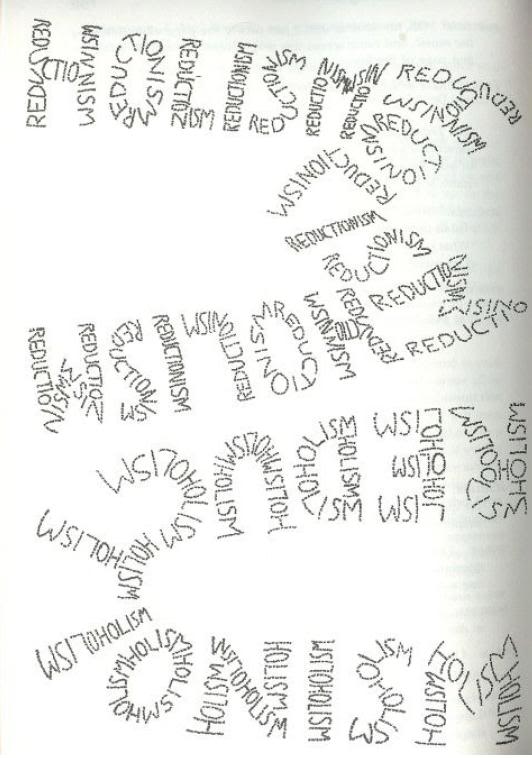Order without design
16 May 2008I was looking into some information on simulation techniques a few days back, and stumbled across this quote about social sciences in a presentation by Prof. Klaus G. Troitzsch.
“the problems which they try to answer arise only in so far as the conscious action of many men produce undesigned results, in so far as regularities are observed which are not the result of anybody’s design. If social phenomena showed no order except in so far as they were consciously designed, there could be no room for theoretical sciences of society. . . It is only in so far as some sort of order arises as a result of individual action but without being designed by any individual that a problem is raised which demands a theoretical explanation.”
The quote is attributed to Friedriech Hayek, dated 1942, with no source mentioned (Please do let me know if you know the exact source!). It really struck a chord with me, not that much because of its novelty (even though it must have been fairly novel in 1942), but rather because of how clearly it expresses an idea central in quantitative modelling - that most well-designed model try to articulate two levels of representation at once: a low-level representation, which consists of clearly defined and autonomous entities and their relationships, and a high-level representation, a phenomenon which, while a mechanical result of the interaction of the agents, is best described in its own right, with a language of its own; Which somehow reminded me of the reductionism/holism discussion in Hofstadter, nicely illustrated in the following picture (from his book Godel, Escher, Bach).

